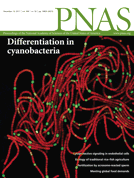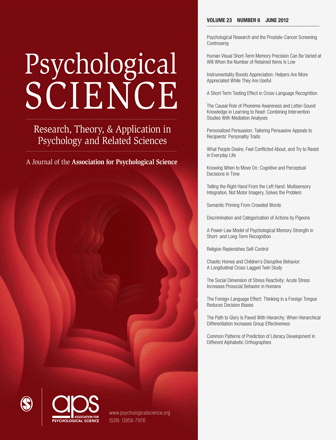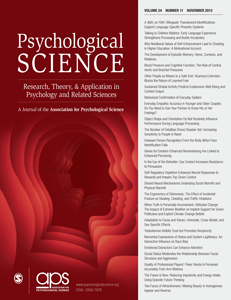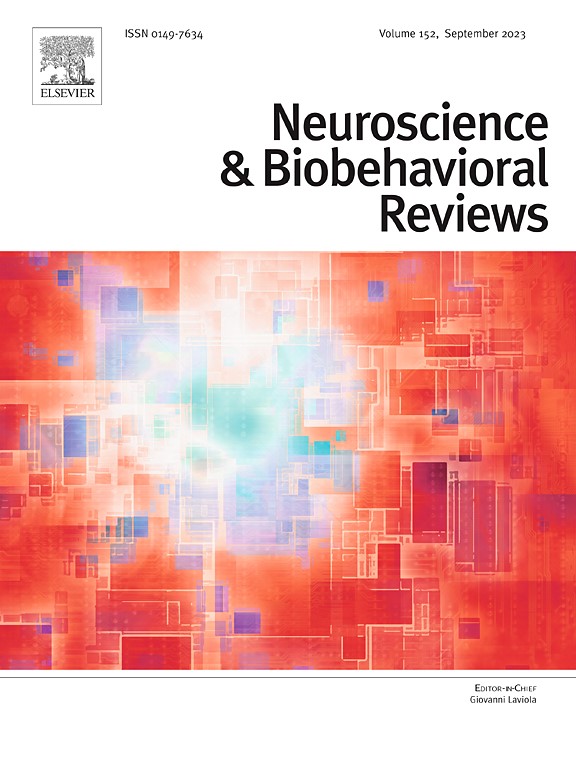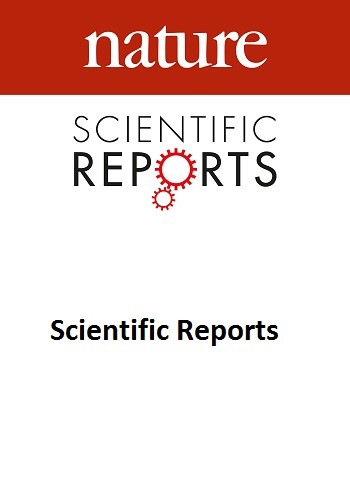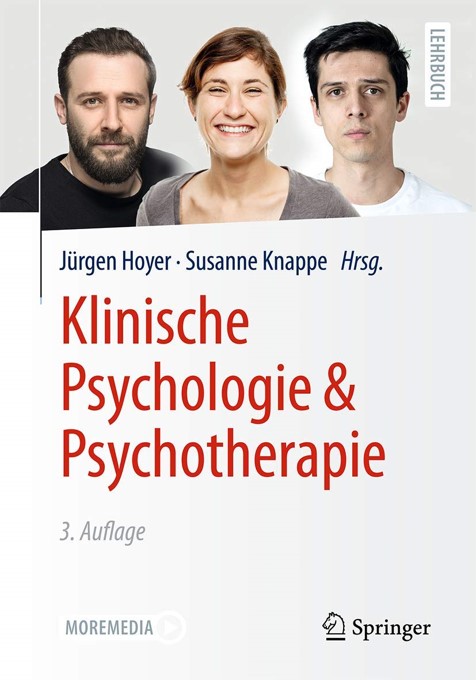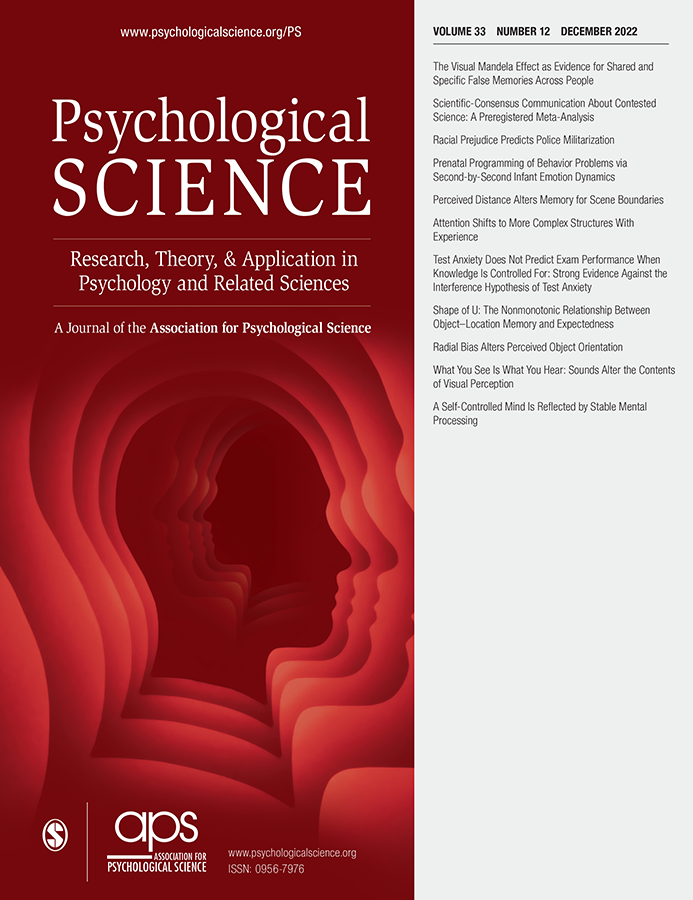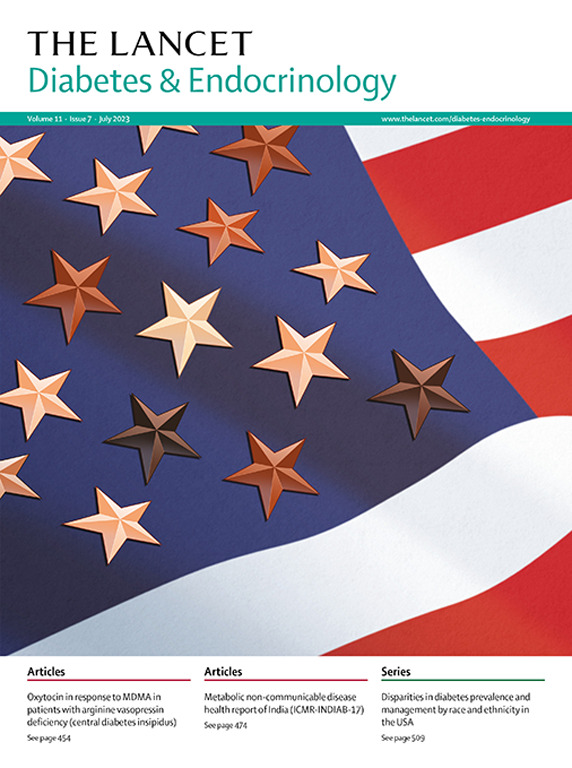Univ.-Prof. Dr. Markus Heinrichs
Chair, Biological Psychology, Clinical Psychology and Psychotherapy (Link)
Head, Adult Outpatient Clinic II and Member of the Board of Directors of the Psychotherapy Center (Link)
Head, Outpatient Psychotherapy Clinic and Research Unit for Stress-Related Disorders (Link)
Head, Research Group "Social Neuroscience", Freiburg Brain Imaging Center (FBI), University Medical Center Freiburg (Link)
Senator University of Freiburg (Link)
| Address: | Department of Psychology Laboratory for Biological Psychology, Clinical Psychology and Psychotherapy University of Freiburg Stefan-Meier-Strasse 8 D-79104 Freiburg i. Br. Germany |  |
| Office: | 3rd Floor, Room 03-006 (Reception desk: Room 03-007) | |
| Telephone: | +49-(0)761-203-3029 (secretary) +49-(0)761-203-97720 (clinic) +49-(0)761-203-3024 (direct line) | |
| Fax: | +49-(0)761-203-3023 | |
| E-mail: | heinrichs@psychologie.uni-freiburg.de | |
| Office hours: | Study courses: Wed., 1:00 – 2:30 p.m. Clinic: By arrangement (prior appointment by secretary) |
Research and Work Focuses
- Psychobiological foundations of social interaction
- Stress- and anxiety-protective factors (e.g. oxytocin, social support, partnership, attachment)
- Diagnostics, prevention, and therapy of stress and stress-related disorders
- Etiology, pathogenesis, and experimental therapy research on mental disorders with social deficits (e.g. social phobia, personality disorders, autism)
- Psychotraumatology and emergency psychology
Selected Publications
2014: "Highly Cited Researcher" Award as one of the most cited researchers worldwide (evaluation of the top 1% of the most-cited publications in the natural sciences, social sciences, and medicine of the last decade) and placed on the list of "The World’s Most Influential Scientific Minds" (press information University of Freiburg and press information German Psychological Society)
Kosfeld, M.*, Heinrichs, M.*, Zak, P., Fischbacher, U. & Fehr, E. (2005). Oxytocin increases trust in humans. Nature, 435, 673-676. (* shared first authorship) | |||
Heinrichs, M., Wagner, D., Schoch, W., Soravia, L. M., Hellhammer, D. H. & Ehlert, U. (2005). Predicting posttraumatic stress symptoms from pretraumatic risk factors: A 2-year prospective follow-up study in firefighters. American Journal of Psychiatry, 162, 2276-2286. | |||
Soravia, L. M., Heinrichs, M., Aerni, A., Maroni, C., Schelling, G., Ehlert, U., Roozendaal, B. & de Quervain, D. J.-F. (2006). Glucocorticoids reduce phobic fear in humans. Proceedings of the National Academy of Sciences of the United States of America (PNAS), 103, 5585-5590. | |||
Baumgartner, T., Heinrichs, M., Vonlanthen, A., Fischbacher, U. & Fehr, E. (2008). Oxytocin shapes the neural circuitry of trust and trust adaptation in humans. Neuron, 58, 639-650. | |||
Heinrichs, M., von Dawans, B. & Domes, G. (2009). Oxytocin, vasopressin, and human social behavior. Frontiers in Neuroendocrinology, 30, 548-557. | |||
Eisenegger, C., Naef, M., Snozzi, R., Heinrichs, M. & Fehr, E. (2010). Prejudice and truth about the effect of testosterone on human bargaining behaviour. Nature, 463, 356-359. | |||
Meyer-Lindenberg, A., Domes, G., Kirsch., P. & Heinrichs, M. (2011). Oxytocin and vasopressin in the human brain: social neuropeptides for translational medicine. Nature Reviews Neuroscience, 12, 524-538. | |||
|
Chen, F. S.*, Kumsta, R.*, von Dawans, B., Monakhov, M., Ebstein, R. P. & Heinrichs, M. (2011). Common oxytocin receptor gene (OXTR) polymorphism and social support interact to reduce stress in humans. Proceedings of the National Academy of Sciences of the United States of America (PNAS), 108, 19937-19942. (* shared first authorship) | ||
Testosterone and Cooperation |
Eisenegger, C., Naef, M., Snozzi, R., Heinrichs, M. & Fehr, E. (2012). New evidence on testosterone and cooperation. Nature, 485, 5-6. | ||
Stress and Social Behavior | von Dawans, B., Fischbacher, U., Kirschbaum, C., Fehr, E. & Heinrichs, M. (2012). | ||
Oxytocin and Psychobiological Therapy
| Heinrichs, M., Chen, F. S. & Domes, G. (2012). Oxytocin. In S. G. Hofmann (Ed.), Psychobiological approaches for anxiety disorders: treatment combination strategies (pp. 123-143). Oxford: Wiley-Blackwell. | ||
Eye Contact and Persuasion
| Chen, F. S., Minson, J. A., Schöne, M. & Heinrichs, M. (2013). In the eye of the beholder: eye contact increases resistance to persuasion. Psychological Science, 24, 2254-2261. | ||
Social Hormones in the Human Brain
| Heinrichs, M., Chen, F. S. & Domes, G. (2013). Social neuropeptides in the human brain: oxytocin and social behavior. In S. Baron-Cohen, H. Tager-Flusberg & M. Lombardo (Eds.), Understanding other minds (3rd ed.) (pp. 291-307). Oxford: Oxyford University Press. | ||
Social Stress and Social Approach
| Heinrichs, M., Chen, F. S., Domes, G. & Kumsta, R. (2013). Social stress and social approach. In J. Armony & P. Vuilleumier (Eds.), The Cambridge Handbook of Human Affective Neuroscience (pp. 509-532). Cambridge: Cambridge University Press. | ||
Genetics of Oxytocin Sensitivity
| Chen, F. S., Kumsta, R., Dvorak, F., Domes, G., Yim, O.-S., Ebstein, R. P. & Heinrichs, M. (2015). Genetic modulation of oxytocin sensitivity: a pharmacogenetic approach. Translational Psychiatry, 5, e664 (1-7). | ||
Stress Coping in Psychotherapy and Medicine
|
Heinrichs, M., Stächele, T. & Domes, G. (2015). Stress und Stressbewältigung [Stress and Stress Coping]. Göttingen: Hogrefe. | ||
New Perspectives for Treatment of Schizophrenia
|
Millan, M. J., Andrieux, A., Bartzokis, G., Cadenhead, K., Dazzan, P., Fusar-Poli, P., Gallinat, J., Giedd, J., Grayson, D. R., Heinrichs, M., Kahn, R., Krebs, M. O., Leboyer, M., Lewis, D., Marin, O., Marin, P., Meyer-Lindenberg, A., McGorry, P., McGuire, P., Owen, M. J., Patterson, P., Sawa, A., Spedding, M., Uhlhaas, P., Vaccarino, F., Wahlestedt, C. & Weinberger, D. (2016). Altering the course of schizophrenia: progress and perspectives. Nature Reviews Drug Discovery, 15, 485-515. | ||
Guide to Conducting the
| Labuschagne, I., Grace, C., Rendell, P., Terrett, G. & Heinrichs, M. (2019). An introductory guide to conducting the Trier Social Stress Test. Neuroscience & Biobehavioral Reviews, 107, 686-695. | ||
Oxytocin, Empathy, and
| Domes, G., Ower, N., von Dawans, B., Spengler, F. B., Dziobek, I., Bohus, M., Matthies, S., Philipsen, A. & Heinrichs, M. (2019). Effects of intranasal oxytocin administration on empathy and approach motivation in women with borderline personality disorder: a randomized trial. Translational Psychiatry, 9, 328 (1-9). | ||
Schiller, B., Koenig, T. & Heinrichs, M. (2019). Oxytocin modulates the temporal dynamics of resting EEG networks. Scientific Reports, 9, 13418 (1-9). | |||
Stress and Stress Coping
|
Stächele, T., Heinrichs, M. & Domes, G. (2020). Ratgeber Stress und Stressbewältigung [Guide to Stress and Stress Coping]. Göttingen: Hogrefe. | ||
Biological Foundations |
Kirschbaum, C., Domschke, K. & Heinrichs, M. (2020). Biopsychologische Grundlagen. In J. Hoyer & S. Knappe (Hrsg.), Klinische Psychologie und Psychotherapie, (3. Aufl.) (S. 213-243). Berlin: Springer. | ||
Self-Control and
|
Kleinert, T., Nash, K., Leota, J., Koenig, T., Heinrichs, M. & Schiller, B. (2022). A self-controlled mind is reflected by stable mental processing. Psychological Science, 33, 2123-2137. | ||
Lott, L. L., Spengler, F. B., Stächele, T., Schiller, B. & Heinrichs, M. (2022). EmBody/EmFace as a new open tool to assess emotion recognition from body and face expressions. Scientific Reports, 12, 14165 (1-13). | |||
Prosocial Role of
|
Atila, C., Holze, F., Murugesu, R., Rommers, N., Hutter, N., Varghese, N., Sailer, C. O., Eckert, A., Heinrichs, M., Liechti, M. E. & Christ-Crain, M. (2023). Oxytocin in response to MDMA provocation test in patients with arginine vasopressin deficiency (central diabetes insipidus): a single-centre, case-control study with nested, randomised, double-blind, placebo-controlled crossover trial. The Lancet Diabetes & Endocrinology, 11, 454-464. |








